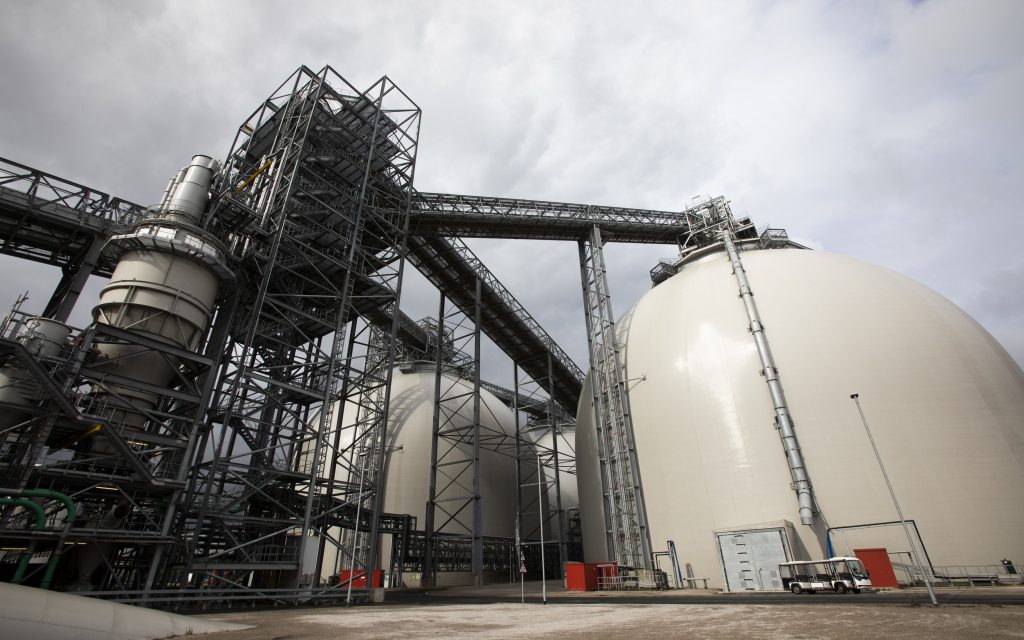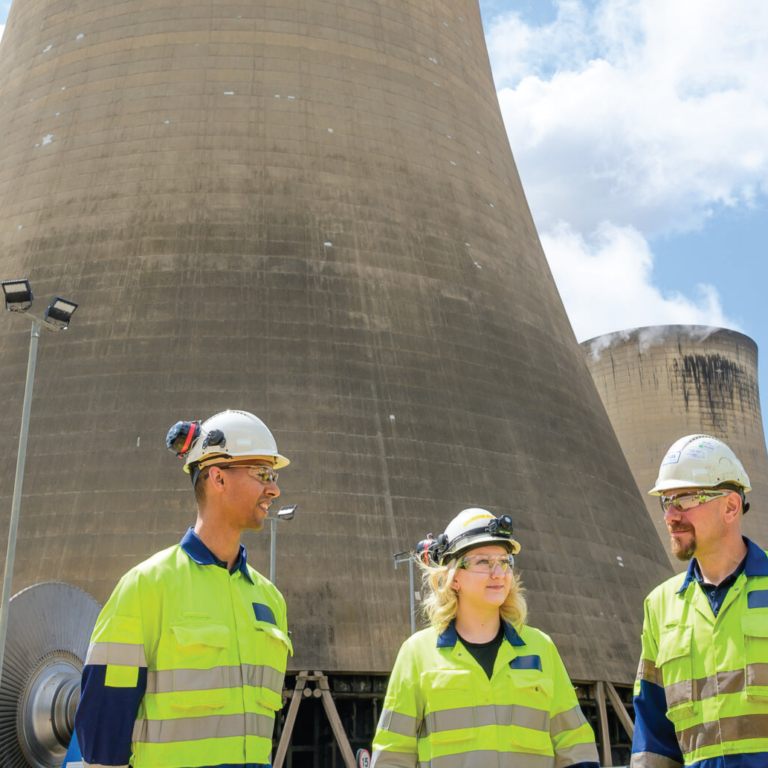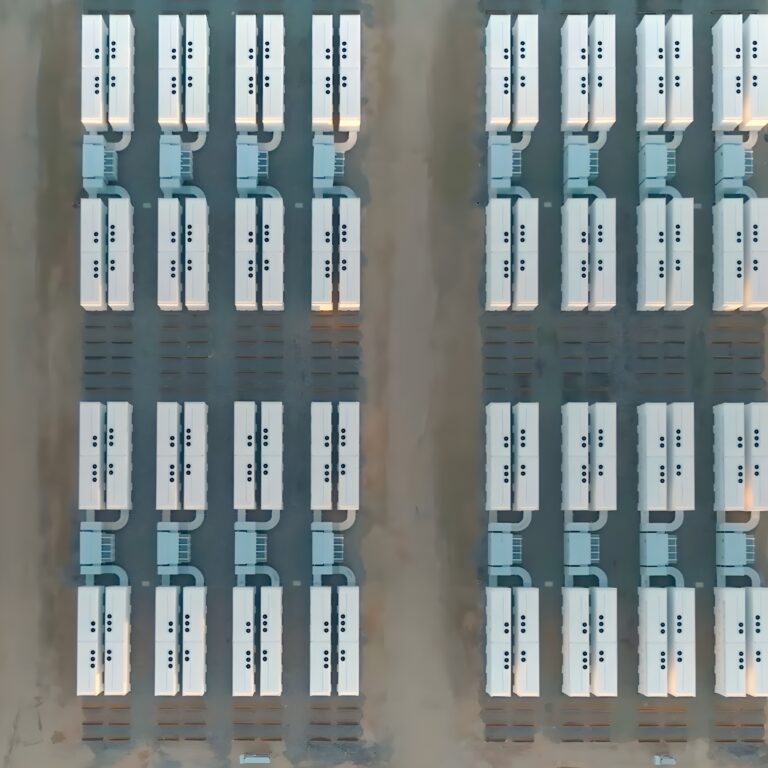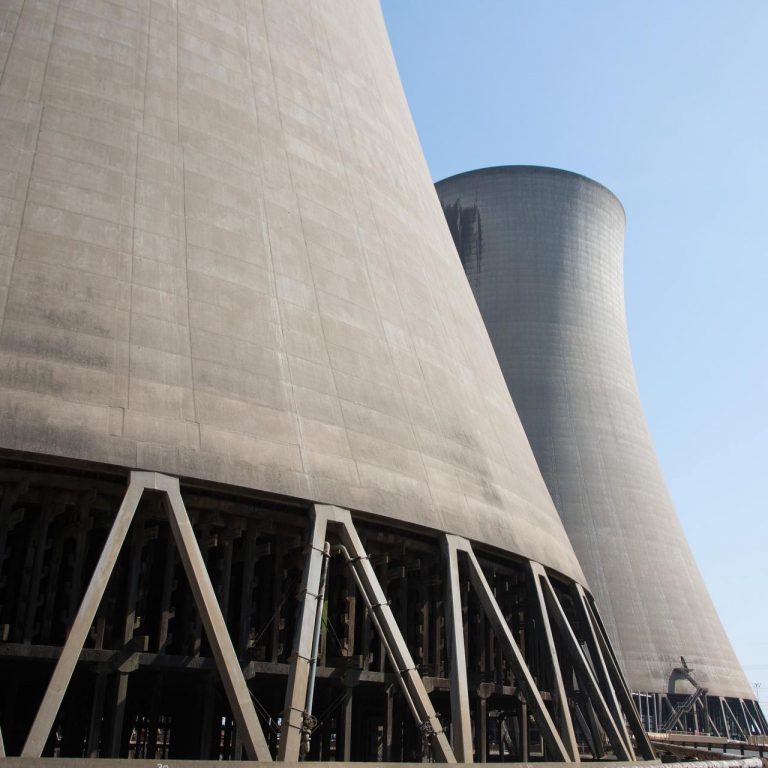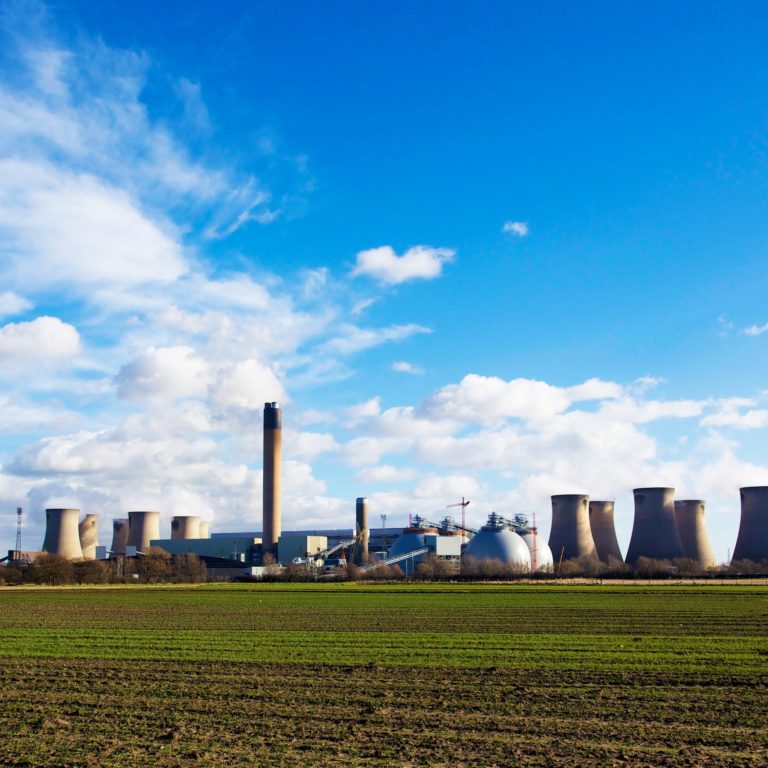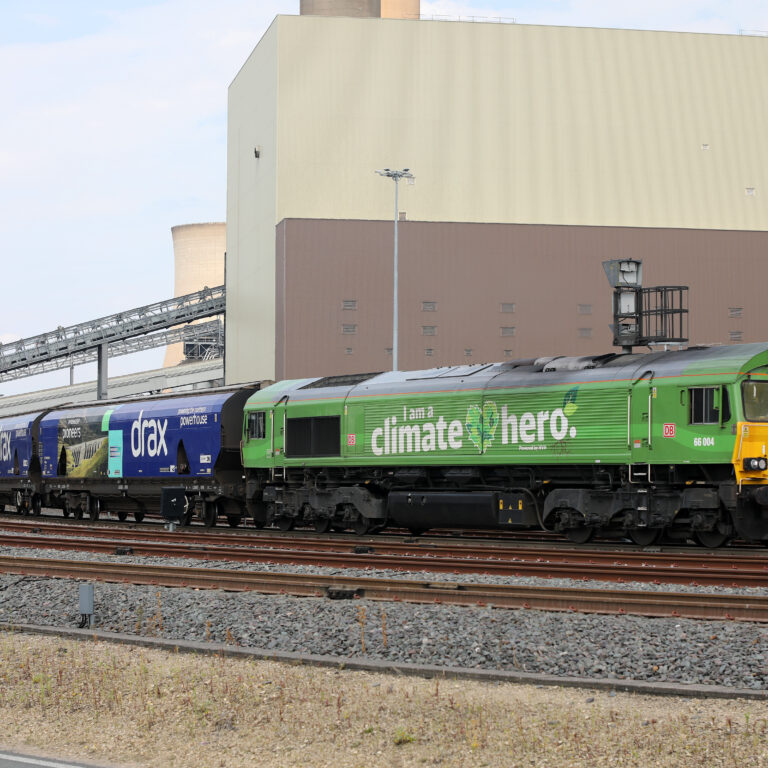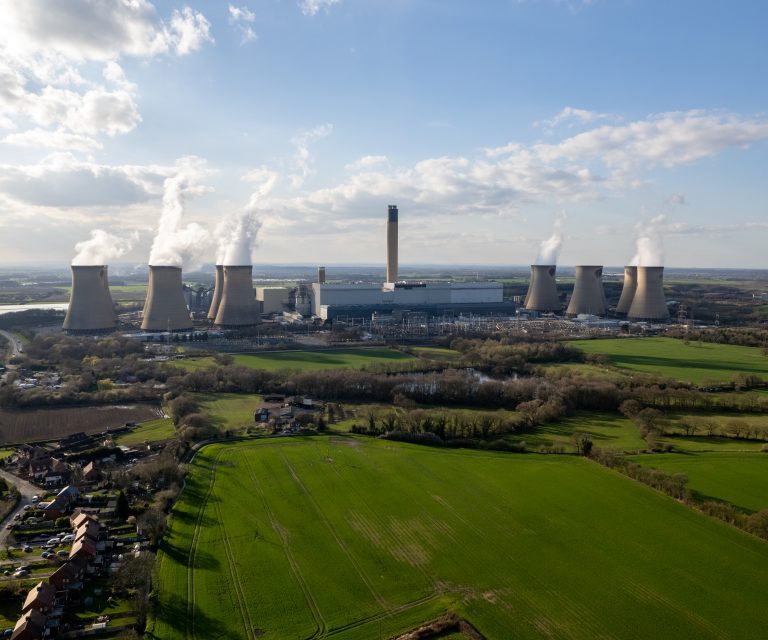“Bioenergy with carbon capture and storage (BECCS) presents an unrivalled opportunity for the UK to show global leadership in a vital negative emissions technology, urgently needed to tackle the climate crisis and help protect and create jobs during the post-Covid economic recovery.
“Drax is pioneering BECCS at the power station in North Yorkshire – we just announced a new pilot project in collaboration with Mitsubishi Heavy Industries. Using BECCS at scale will help to boost the UK’s economy following the Covid crisis and support the development of a zero carbon industrial cluster in the Humber region – delivering clean growth and protecting thousands of jobs.”
Main photo in high res: Biomass storage domes and electric bus at Drax Power Station in North Yorkshire
Notes to Editors
- Drax announced a world leading ambition to be carbon negative by 2030 by using BECCS
- Using bioenergy with carbon capture and storage (BECCS) Drax will remove more carbon dioxide from the atmosphere than it produces, creating a negative carbon footprint for the company by 2030.
- The Intergovernmental Panel on Climate Change and the UK Committee on Climate Change agree that BECCS is critical to achieving net-zero carbon emissions by 2050.
- Sustainable biomass is an important part of the UK’s long-term energy mix. Combining this renewable fuel with carbon capture and storage technology on Drax’s biomass generating units means the Group’s operations could capture 16 million tonnes of CO2a year or more – a third of the UK’s target.
- The UK Committee on Climate Change’s ‘Net Zero’ report states that BECCS could generate up to 173 TWh of electricity by 2050, capturing up to 51 million tonnes of CO2– around half of the remaining carbon in the economy that the UK will need to capture to become ‘net zero’.
- Drax launched the Zero Carbon Humber campaign with Equinor and National Grid Ventures, aimed at creating the world’s first zero carbon industrial cluster in the region. As the world’s first negative emissions power station Drax could be the anchor for a net zero industrial cluster in the Humber region – protecting thousands of jobs, delivering clean growth and new export opportunities for the region.







